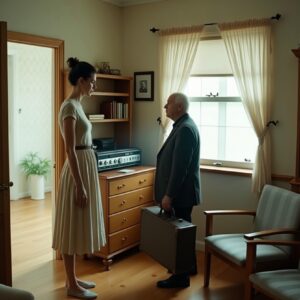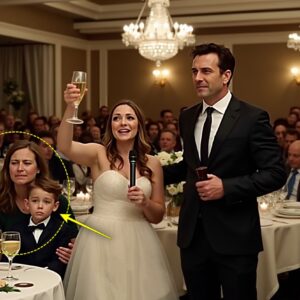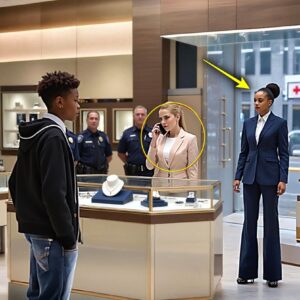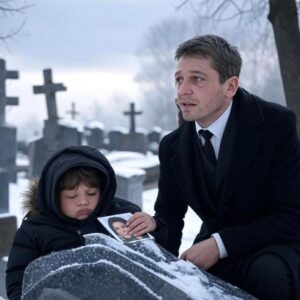As most of the northern hemisphere enters the coldest months of the year, heating systems are turned on, and in many cases, space heaters are removed from storage. According to firefighters, you should never plug these gadgets into a power strip.
Space Heaters Should Never Be Plugged Into a Power Strip
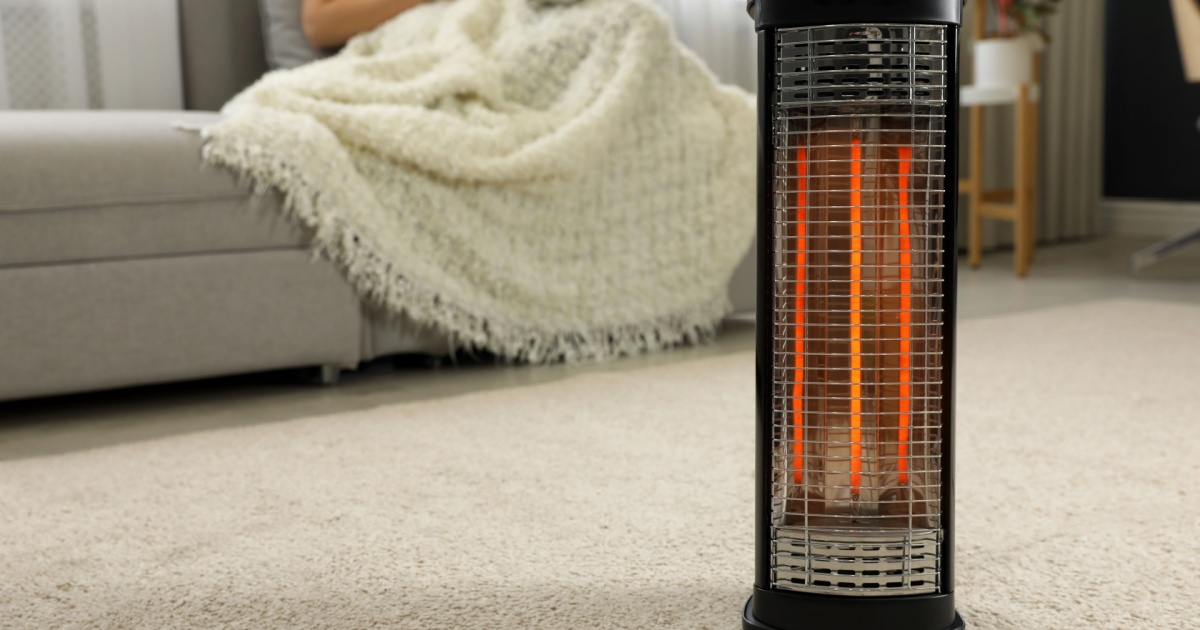
When it gets cold outside, people all over the world utilize space heaters. We all want to be comfy and toasty when the icy winds blow outside. In light of the forthcoming space heater season, Oregon firemen issued a critical post addressing their safety. (1) What is their number one tip? Never plug a space heater into a power strip. (1) “You should never plug a heater into a power strip,” Umatilla County Fire District #1 in Hermiston, Oregon, advised on Facebook. “These units are not designed to handle the high current flow needed for a space heater and can overheat or even catch fire due to the added energy flow.” (1)
A Fire Starter: Plugging Into a Powerstrip
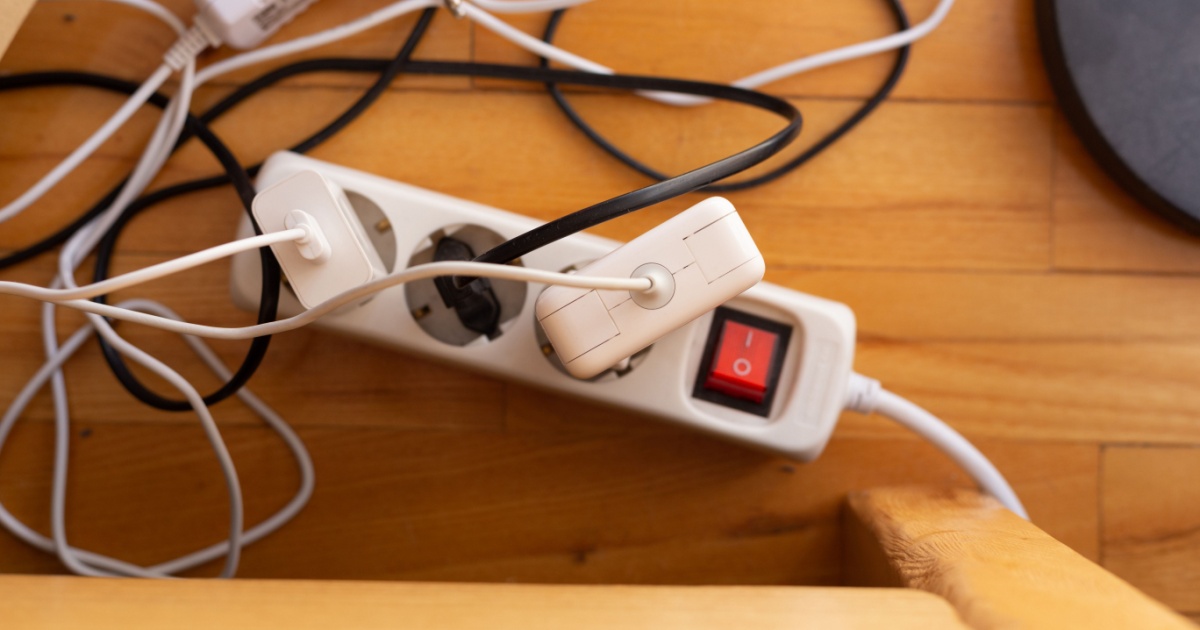
The Oregon Fire Department is not the only one offering space heater safety advice. The Toledo Fire Department in Ohio published a similar statement after a residence caught fire owing to the improper use of a space heater. The heater ignited the couch, and the entire house immediately went up in flames. (2) Space heaters can reach temperatures of up to 600 degrees Fahrenheit, thus it is critical that everyone utilizes them carefully. (2)
Their tips include:
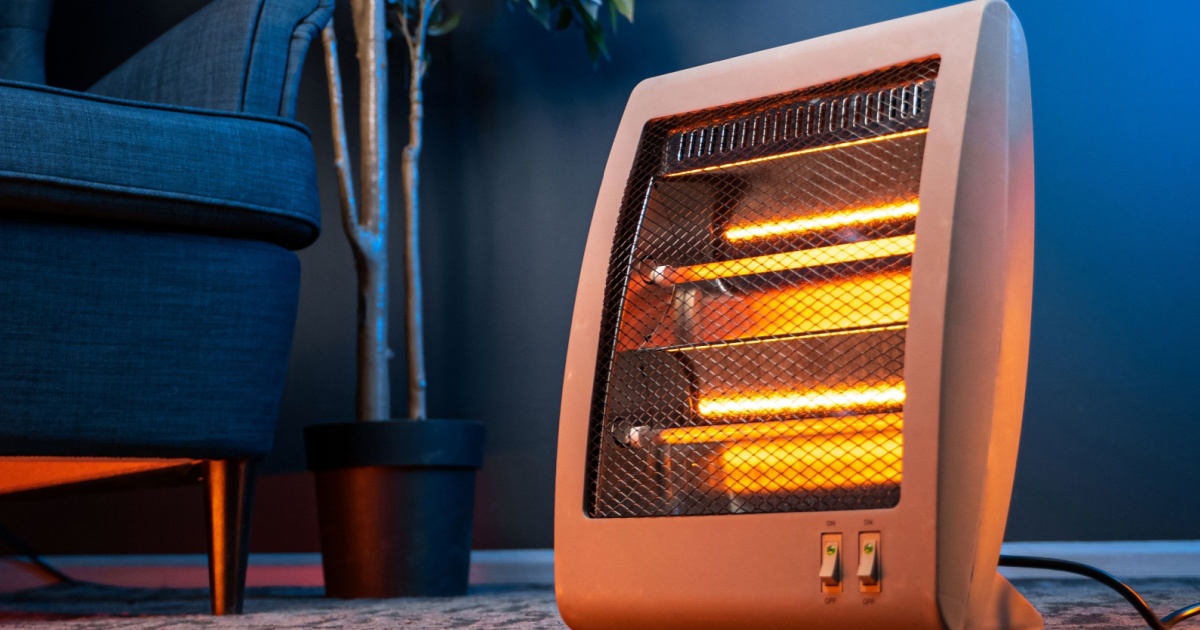
- Never plug into a power strip, instead always directly into a wall unit
- Keep a minimum of three feet of space around the space heater at all times
- Always keep an eye on your space heater while it is in use, never turn it on while sleeping or in a different room
- Place heaters on level, flat surfaces
- Never put heaters on cabinets, tables, furniture, or carpet
How to Prevent Electrical Fires at Home
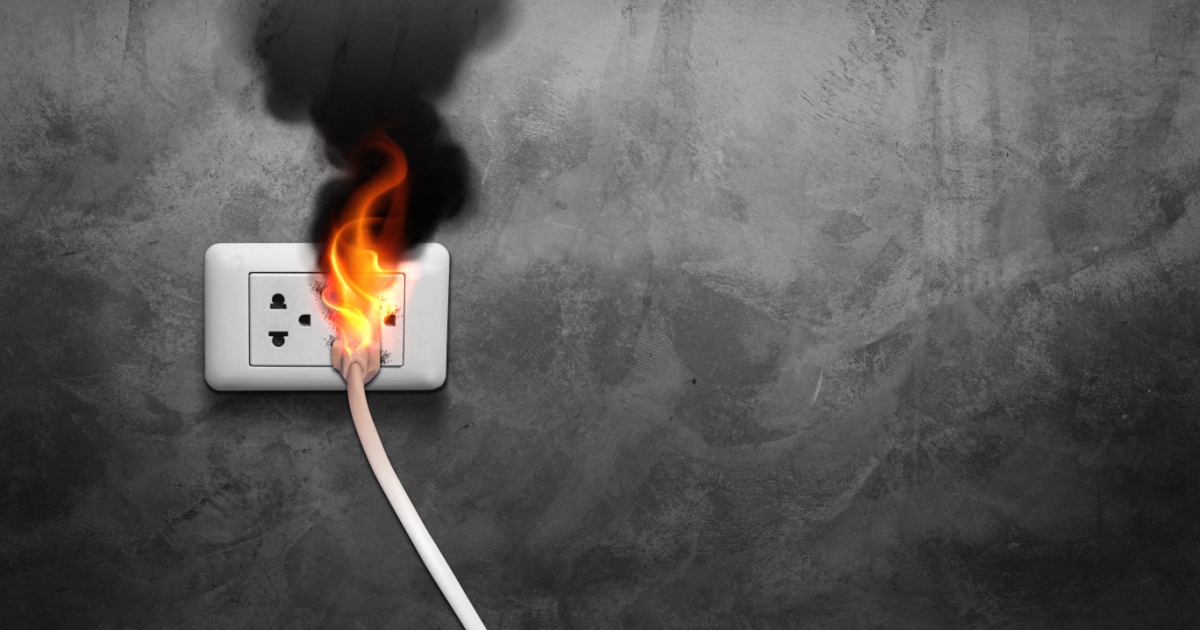
Even in the frigid winter months, electrical fires are avoidable. These are our top ideas for staying fire-safe this winter and year-round:
1. Unplug all heat-producing gadgets while not in use.

This includes hair styling equipment, kettles, and heaters. Essentially, anything that generates heat when turned on can overheat and catch fire if left on for too long, or it can turn on due to a fault or electrical surge.
2. Extension cords are intended for temporary usage only.
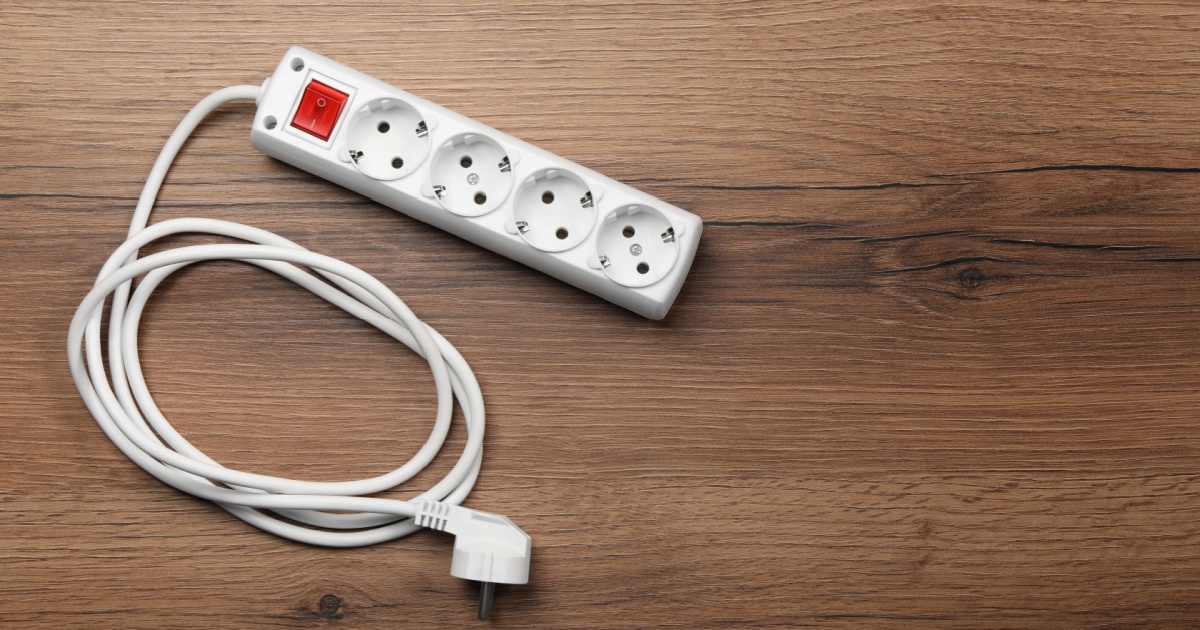
Extension cables should not be used 24/7; they are only intended for temporary use. If you require additional outlets, contact an electrician to install them. (4)
3. Keep the third prong.
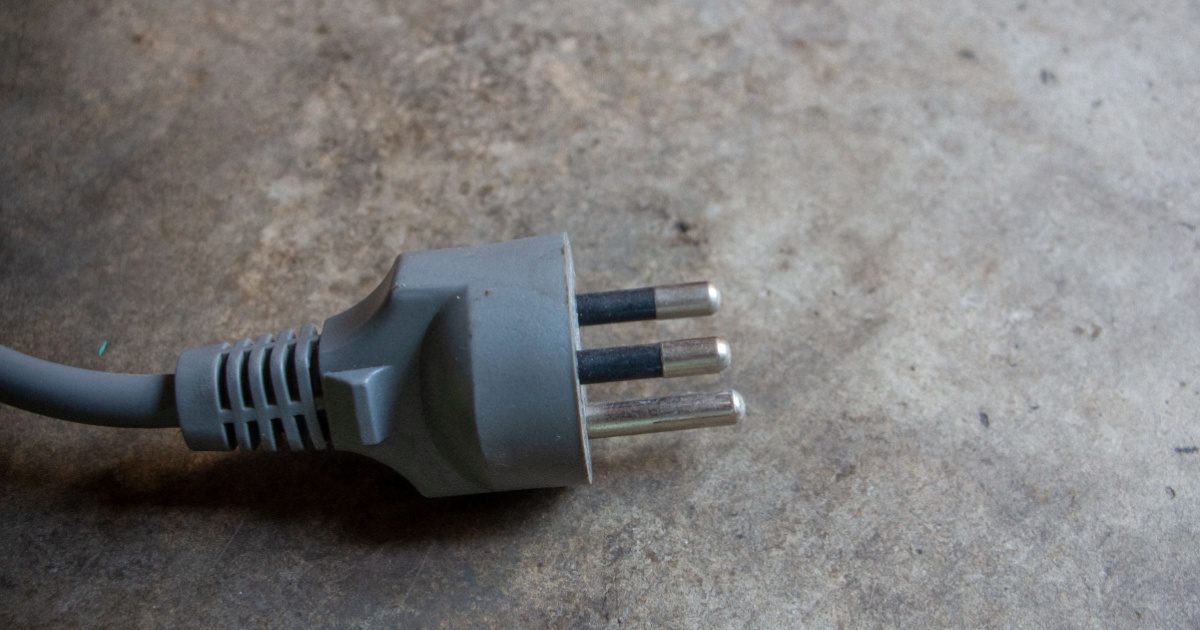
The third prong on a power cord is there to protect against power surges and malfunctions. Consider updating two-pronged outlets in your home.
4. Update your electrical system.
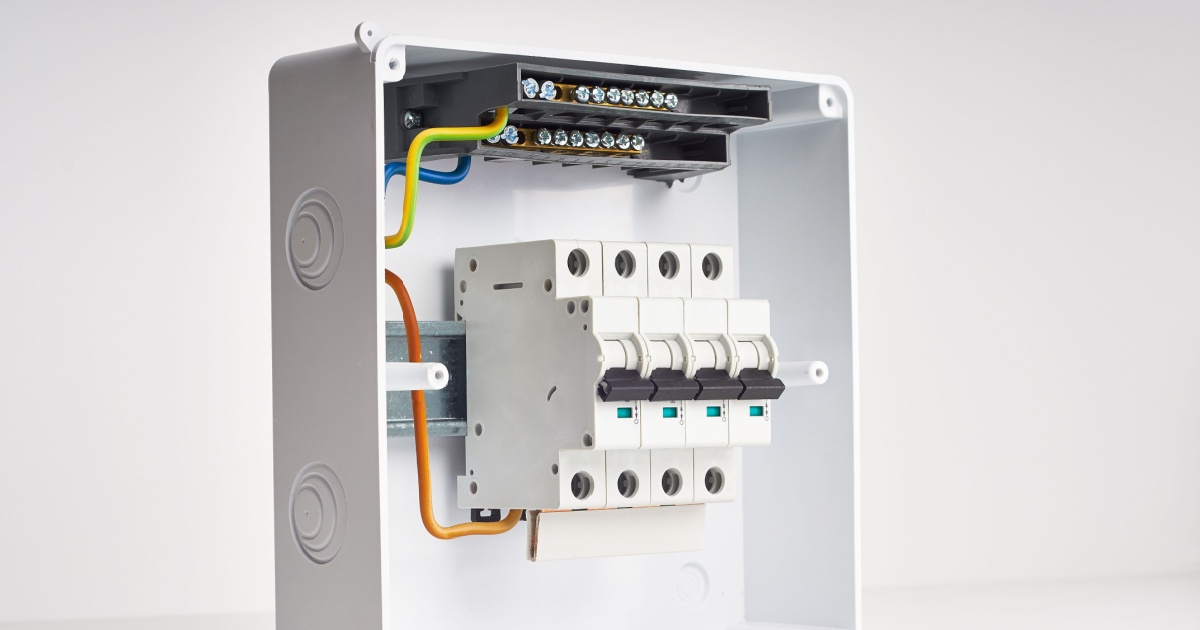
If you live in an ancient house, chances are it has an antiquated electrical system. Contact an electrician to have it checked and perhaps upgraded. Older, less modern systems are more prone to overheating and causing fires.
5. Don’t use damaged power cords.
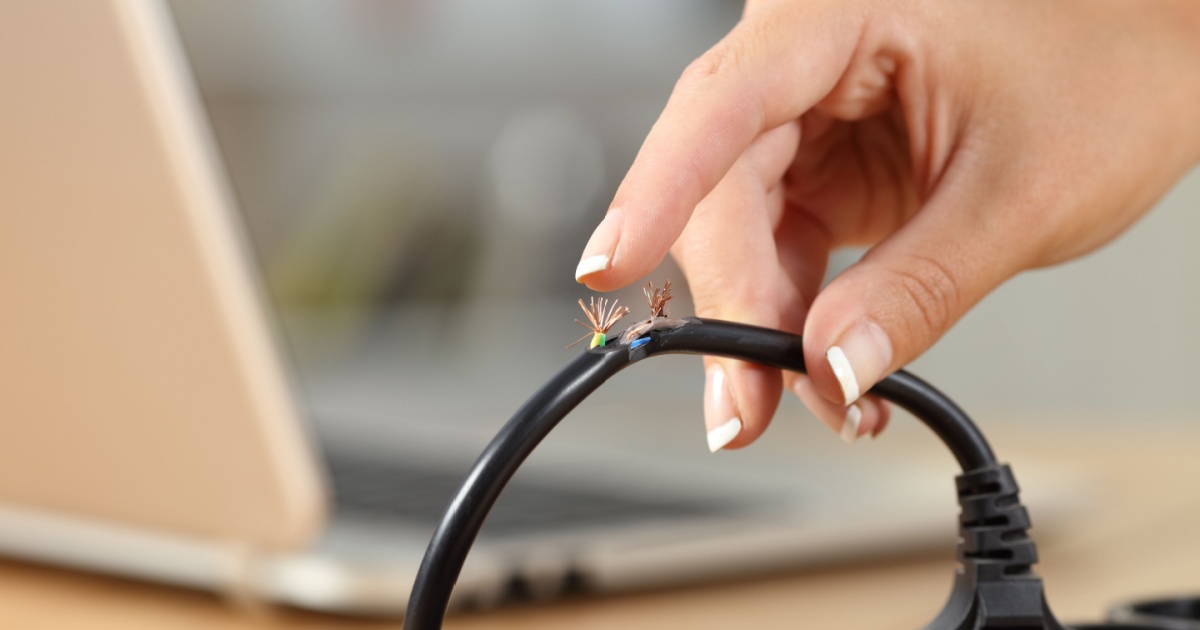
If the power cord is damaged in any way – frayed, a broken prong, l

